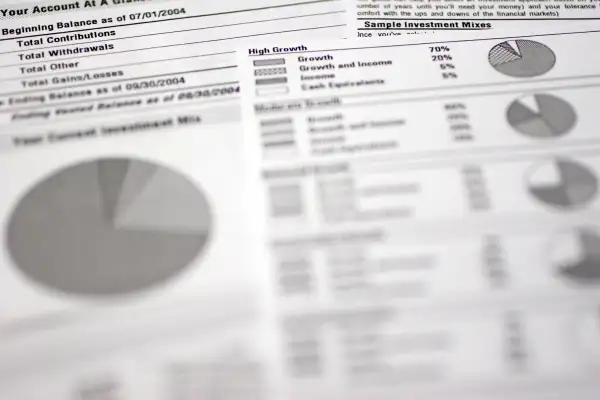A Popular Cure for the Retirement Crisis Isn’t Making Much Headway

Automatic enrollment in company-sponsored savings plans has been hailed as a key part of the solution to our retirement savings crisis. But new evidence suggests this feature may be far less pervasive than previously believed.
U.S. Census Bureau researchers recently studied participation in workplace savings plans by gathering data from the annual W-2 wage and tax forms that employers send to employees. That encompassed a huge pool of small businesses likely missed in most surveys on employee benefits, which tend to focus on large employers. Incorporating data on this cache of small businesses changes the statistics on plan participation dramatically.
The researchers found that smaller employers are far less likely to offer plans than big companies. For instance, while 93% of companies with more than 10,000 employees offered 401(k)-type plans, the percentages were only 33% for companies with 25 to 49 workers and 20% for businesses with 10 to 24 employees.
Most alarming: The gap between those who are offered a 401(k) plan and those who participate is far wider than commonly believed. Some 79% of Americans are eligible to contribute to a 401(k) but only 41% of eligible workers do so, the Census Bureau research shows. By contrast, the American Benefits Council has estimated that 80% of eligible workers participate in their defined-contribution plan, the vast majority of which are 401(k) plans.
In a nutshell, the Census data suggests participation rates are half what was previously believed. And it runs counter to the thesis that automatic enrollment is on the rise and making a big difference in the retirement security of most Americans.
How do we account for this sobering news? Start with the sheer volume of small businesses. In the U.S., employers with fewer than 500 workers number 28 million while larger employers number just 18,500. Small businesses employ nearly half of all workers. Some 20 million small businesses are sole proprietors, meaning their lone employee is the owner.
Benefits surveys try to account for small businesses. But because large companies set the pace for benefits and employ so many people, these companies’ benefits plans may get overweighted in surveys. Meanwhile, small businesses are less likely to offer a 401(k) plan in the first place and even less likely to offer one with automatic enrollment.
Only 12.1% of businesses that employ fewer than 500 workers have a 401(k) plan with auto enrollment, according to the Urban Institute. That compares to 21% of companies that employ more than 1,000.
It stands to reason that if small businesses generally do not offer 401(k) plans with auto enrollment—and survey data miss millions of small businesses—the spread of this feature probably has been overstated.
That doesn’t change the fact that auto enrollment has been a success where it is offered. Bank of America Merrill Lynch found that plans with auto enrollment had 32% more participants than those that did not include the feature.
At the same time, sole proprietors have many savings options, like the tax-advantaged SEP IRA where they can sock away as much as $54,000 this year—even if they must opt in on their own. And workers at small businesses increasingly have access to state-sponsored tax-advantaged savings plans like those being rolled out in California, Oregon, Illinois, Maryland, and Connecticut.
But from a policy perspective, if we’re counting on auto enrollment to solve the retirement savings crisis, we should probably find a way to hook in more small businesses.
